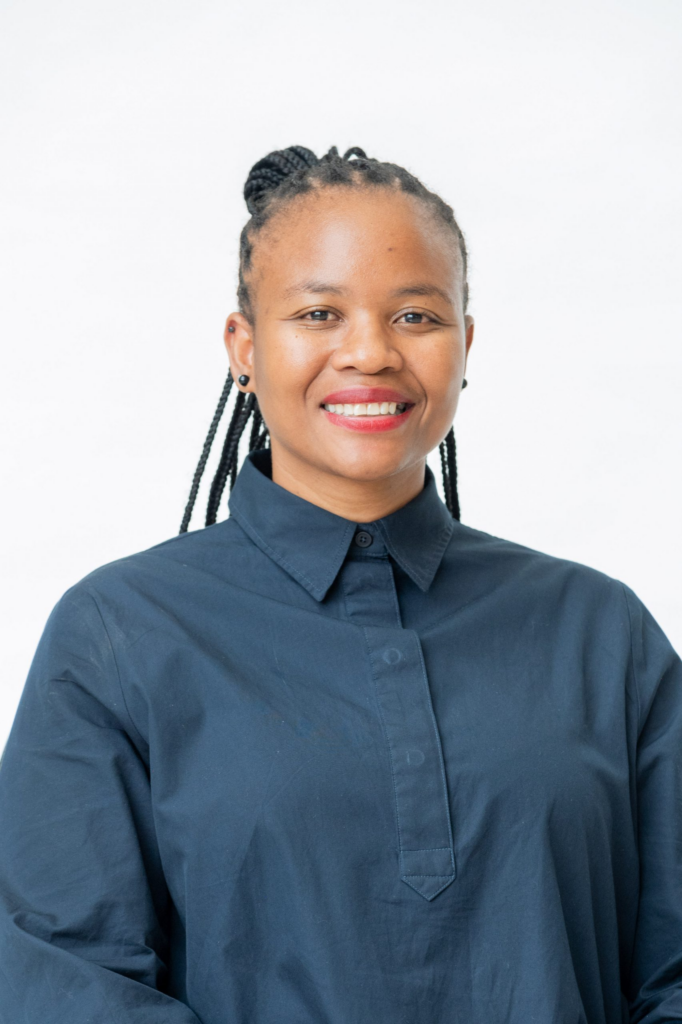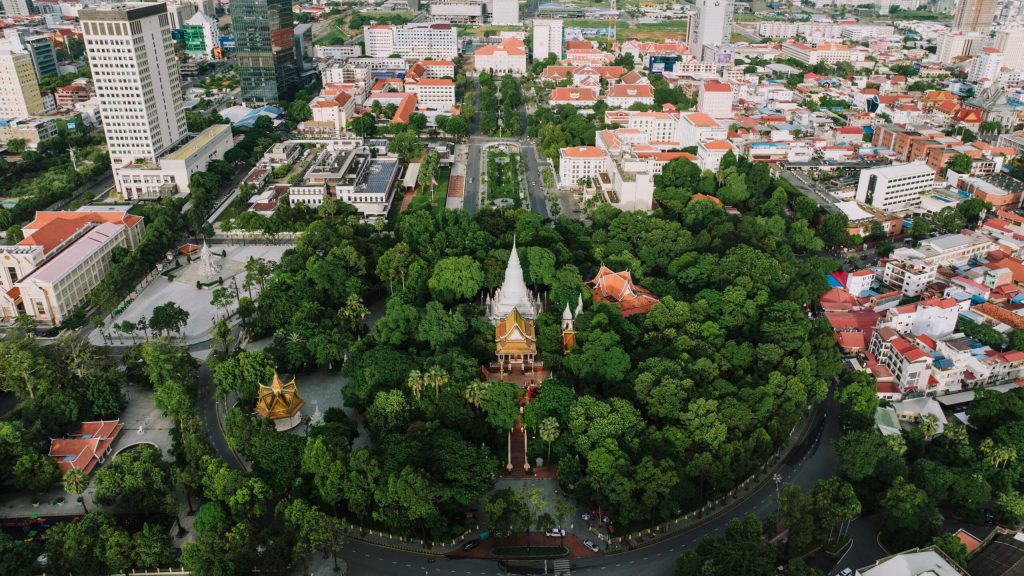Urban climate finance must scale to $4.5T annually by 2030 — MDBs signal deeper support via concessional funds, subnational lending, and risk mitigation tools.
Cities demand direct funding and strategic integration — Mayors call for urban climate priorities in MDBs’ strategies and stronger collaboration across governance levels.
Public investment remains short — Current urban climate finance covers just 23% of the $800B annual target, exposing an urgent gap for MDBs and private capital to fill.
Multilateral Development Banks (MDBs) are advancing efforts to scale up urban climate finance, signaling increased commitment to cities on the frontlines of the climate crisis.
At the roundtable “Scaling Sustainable Investment in Cities: The Role of MDBs”, convened by C40 Cities, the Global Covenant of Mayors for Climate and Energy (GCoM), and Bloomberg Philanthropies, MDBs reiterated their commitment to bridging the annual $4.5 trillion urban climate finance gap through 2030.
“This is a compelling demonstration of the strong commitment MDBs have made towards financing urban climate initiatives,” said Andy Deacon, Co-Managing Director of GCoM. “These discussions represent a significant step forward to accelerate and mobilise public investment… and catalyse private investment.”

The gathering follows a March 2024 open letter signed by over 40 mayors from more than 30 countries, urging MDBs to integrate city-level climate needs into corporate and country strategies. Their demands included more direct financing for local projects, tailored urban climate programs, and technical support for project execution.
“We deeply appreciate the bank’s positive response to our call for funding,” said Dr. Nasiphi Moya, Executive Mayor of Tshwane, South Africa. “This isn’t just about money. It’s about making a real impact… Now is the time to shift from talk to tangible implementation.”

In response, MDBs announced in November 2024 their intent to ramp up concessional finance, expand subnational lending, and apply derisking instruments to crowd in private capital. This week’s dialogue, co-led by Moya and Anyang’ Nyong’o, Governor of Kisumu, Kenya, centered on scaling urban climate investment and enhancing adaptation, especially in the Global South.
RELATED ARTICLE: ADB Launches Climate Finance Initiative in Thailand
“When MDBs invest in cities, they’re not just funding infrastructure – they’re investing in more resilient, inclusive, and empowered communities,” said Governor Nyong’o. “Local governments can no longer be treated as secondary actors in the fight against the climate crisis.”

Juan Pablo Bonilla of the Inter-American Development Bank added: “The IDB is committed to scaling financial investments for urban infrastructure… and reducing the finance gap for better urban futures in Latin America and the Caribbean.”

MDB engagement is also aligned with the CHAMP coalition, a 75-nation alliance launched at COP28 to promote subnational partnerships in shaping climate policy and implementation.
“Massive investments are needed in clean energy, sustainable transport and waste, and strengthening resilience,” said Andrea Fernández, C40’s Managing Director of Climate Finance. “MDB public investment plays a catalytic role in helping cities unlock both public and private funding.”

Despite progress, urban climate finance still falls short. City leaders and DFIs are calling for a minimum of $800 billion annually by 2030—yet public investment currently delivers just 23% of that amount. This gap remains a critical constraint for cities driving climate innovation.
“The European Investment Bank will stay the course,” said Ambroise Fayolle, EIB Vice President. “We are committed to working with cities and mayors around the world to finance climate action and reinforce stability and prosperity for our communities.”

With COP30 on the horizon, MDBs, cities, and national governments face mounting pressure to translate pledges into measurable action. Their ability to align financial flows with urban climate goals will define progress—or failure—in tackling the climate crisis from the ground up.
View the mayors’ open letter and the MDB’s response.
Follow ESG News on LinkedIn

